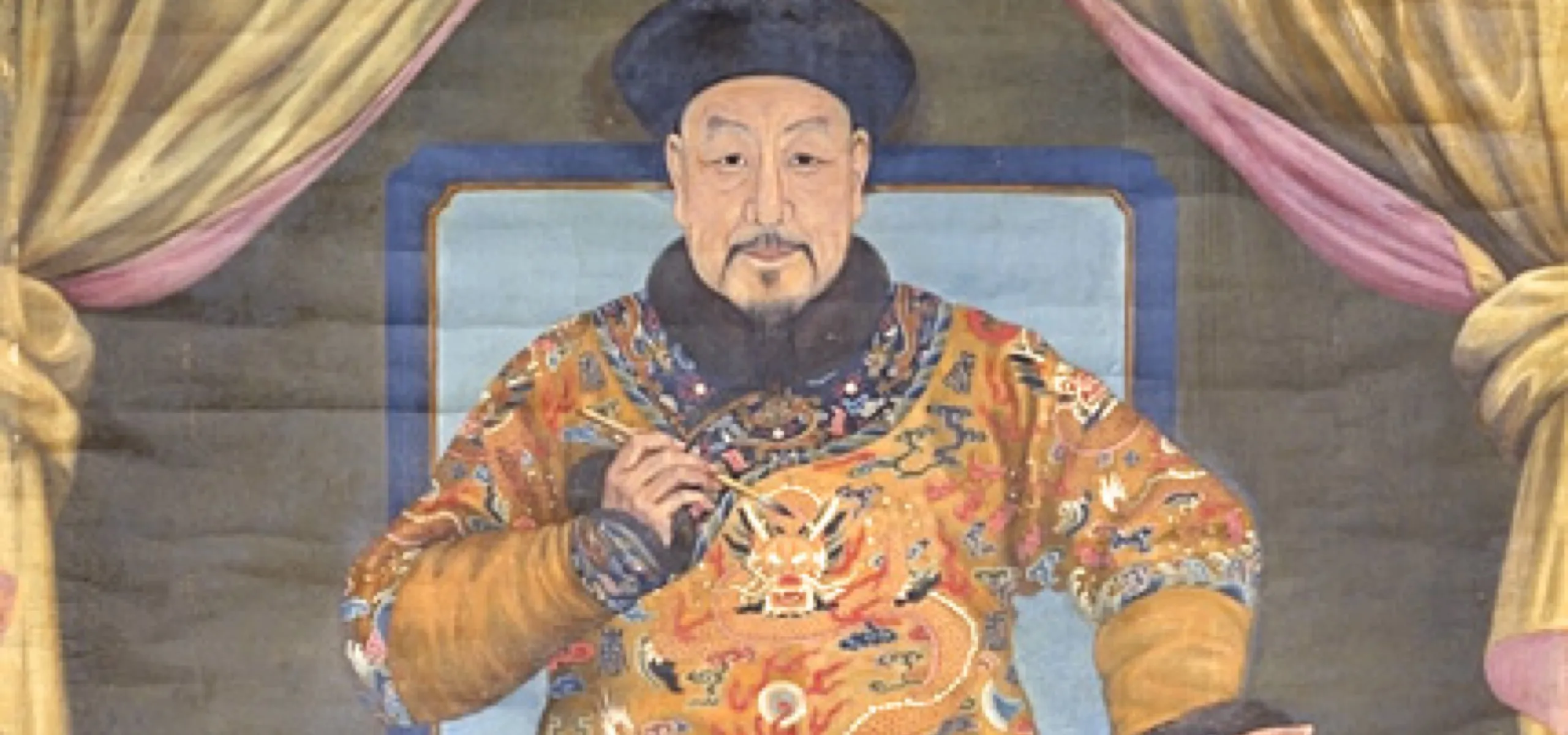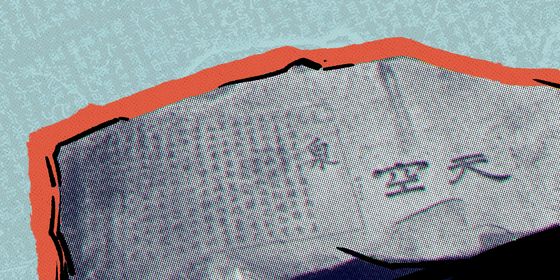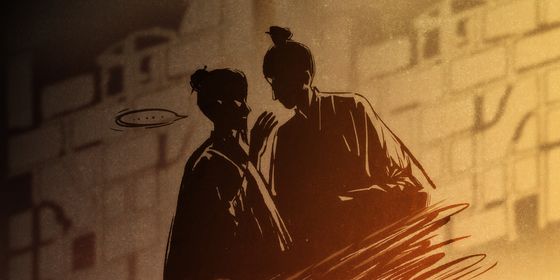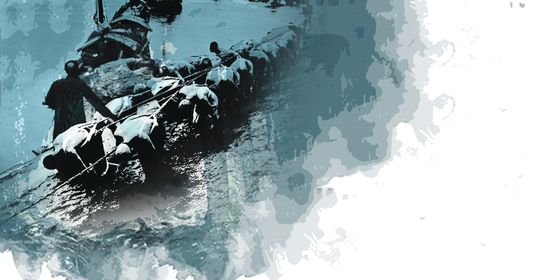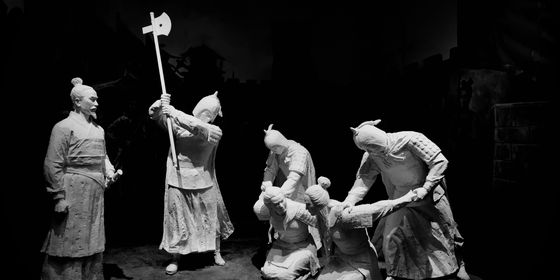The longest-lived ruler of the Qing dynasty wrote 43,000 poems in his lifetime, most of them bad
If you ask a Chinese person who was the most successful poet in Chinese history, the answer will most likely be one from the Tang dynasty (618 – 907), the golden age of Chinese poetry: the “poet-immortal” Li Bai (李白), known for the fantastic themes and playfulness of his works; the “poet-sage” Du Fu (杜甫), who wrote realistic poems about this chaotic time in history; or Bai Juyi (白居易), whose low-key, near-vernacular style made his verses understandible even to uneducated people, and whose works are enjoyed by readers in foreign countries like Japan and Korea.
But when it comes to being the most prolific poet, the Qianlong Emperor of the Qing dynasty (1616 – 1911) has all these Tang luminaries beat. One of the longest-lived monarchs in Chinese history, the Qianlong Emperor had 43,000 poems to his name by the time he died at the age of 88, meaning he allegedly wrote 1.3 poems each day on average (by comparison, the 18th century’s Complete Tang Poems (《全唐诗》), China's largest collection of Tang poetry, contained around 49,000 poems by more than 2,200 poets). “Alleged” is the key—as it’s not clear the emperor penned a single poem attributed to him, and he was definitely more concerned with quantity than quality, to put it mildly.
It was not rare for ancient Chinese emperors to write poems. Li Jing (李璟), the second ruler of the Southern Tang state during the Five Dynasties and Ten Kingdoms period (907 – 960), and his son and successor Li Yu (李煜), are both recognized as great poets.
But unfortunately, hundreds of years on, no one could say the same of the Qianlong Emperor, except for the Son of Heaven himself: The emperor was very proud of his poetic achievements, once saying in his late years: “At the age of nearly 90, I have created as many poems as that of the poets of the whole Tang dynasty. Isn’t that a legend in the literary world (予以望九之年,所积篇什几与全唐一代诗人篇什相埒,可不谓艺林佳话乎)?” Qian Zhongshu (钱钟书), a famous literary scholar and writer of the 20th century, commented on the Qianlong Emperor’s poems in his On the Art of Poetry (《谈艺录》):The Emperor Gaozong of the Qing [Qianlong] wrote poems like he was writing essays, using many unnecessary auxiliary words. It makes people sick. (清高宗亦以文为诗,语助拖沓,令人作呕。)”
From the emperor's oeuvre, one poem called “On Flying Snow (《飞雪》),” is included in primary school textbooks today. It goes like this:





